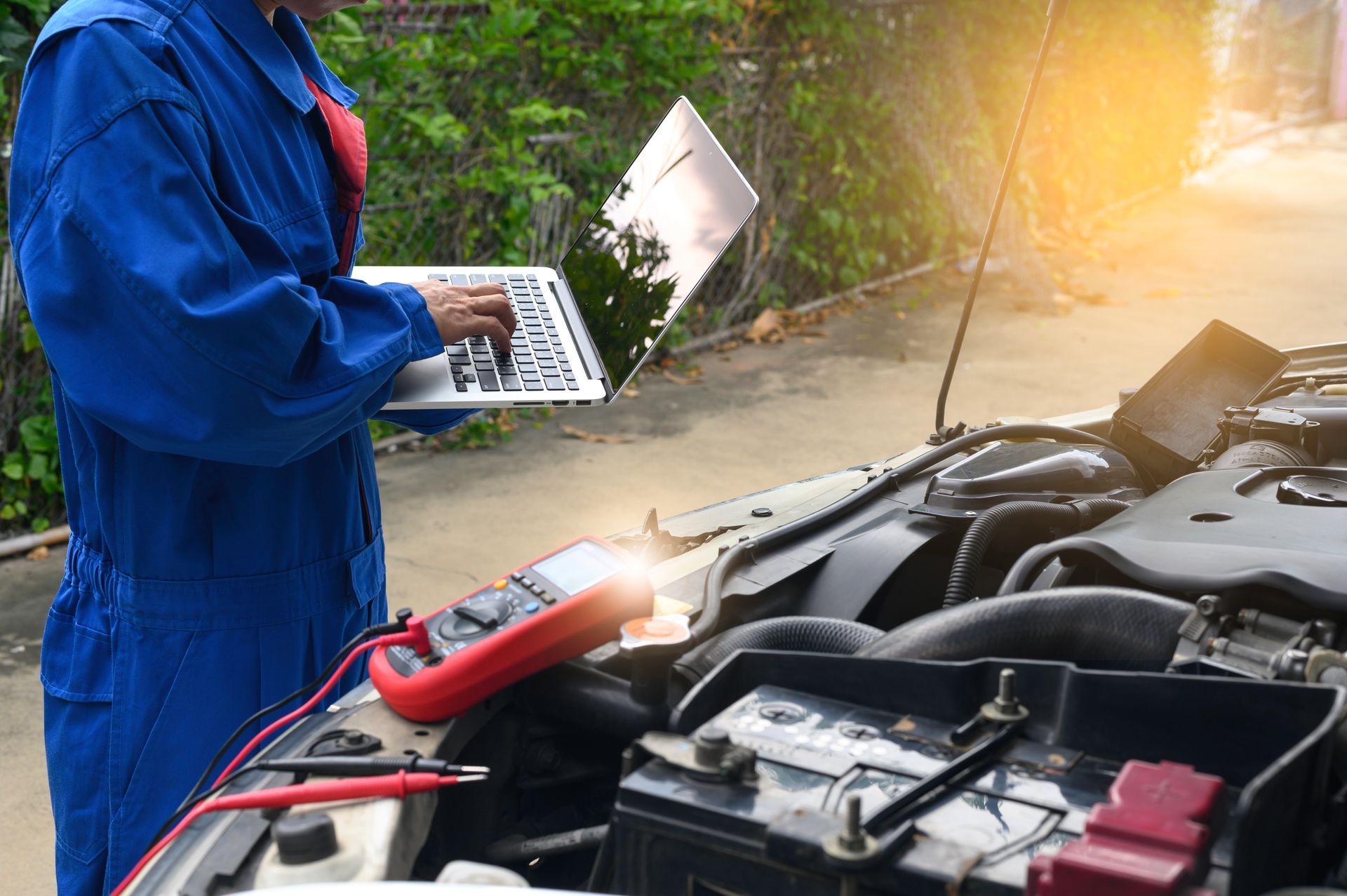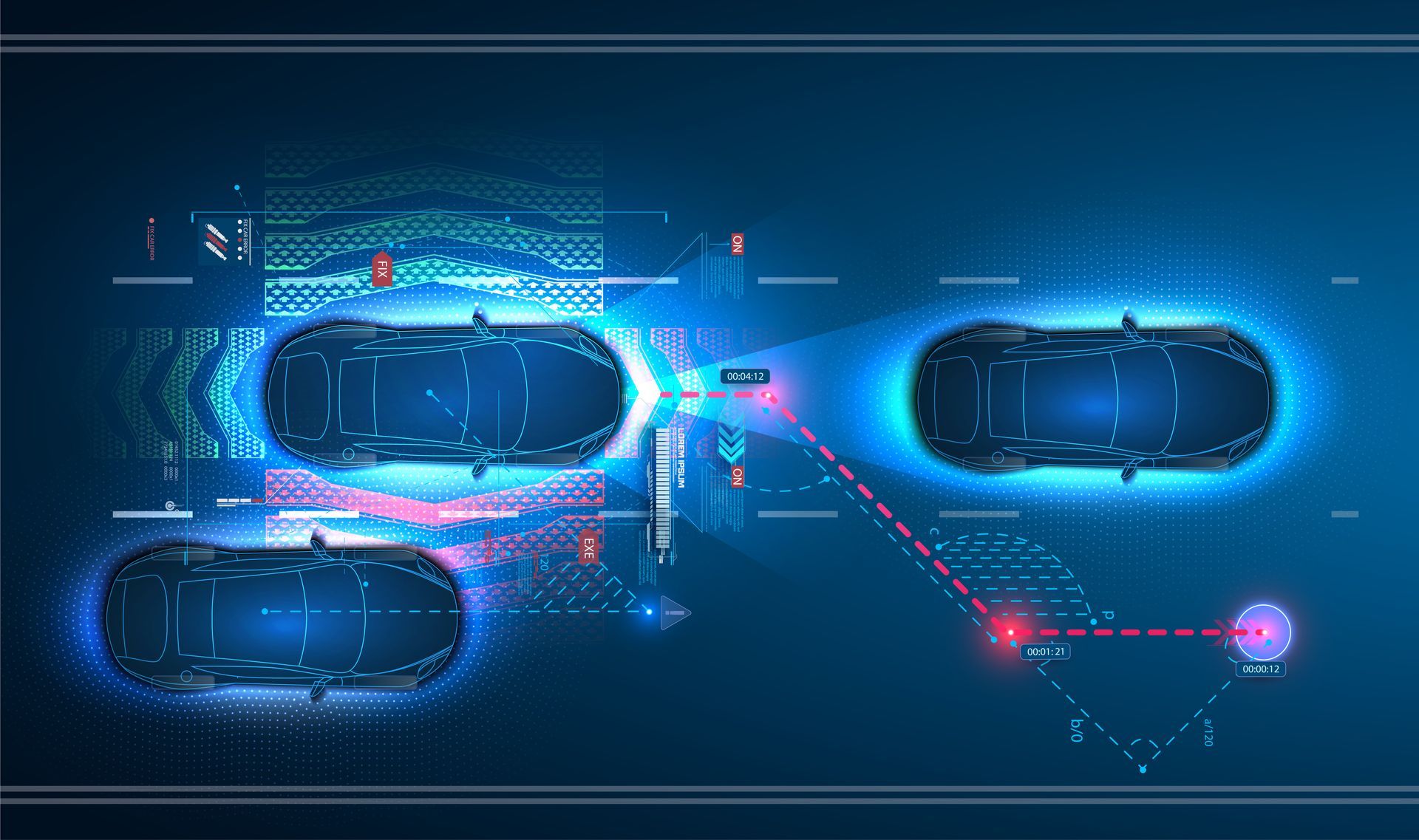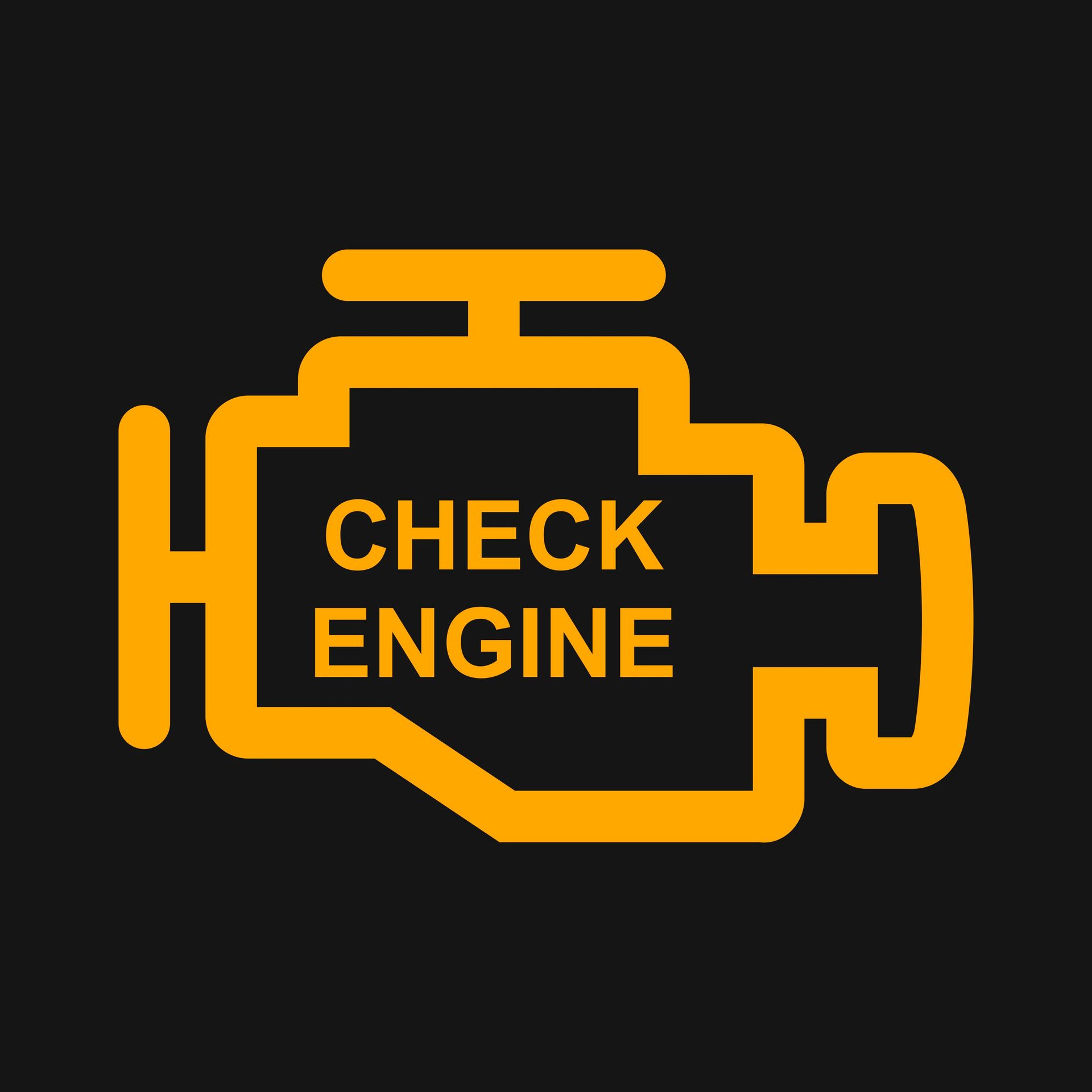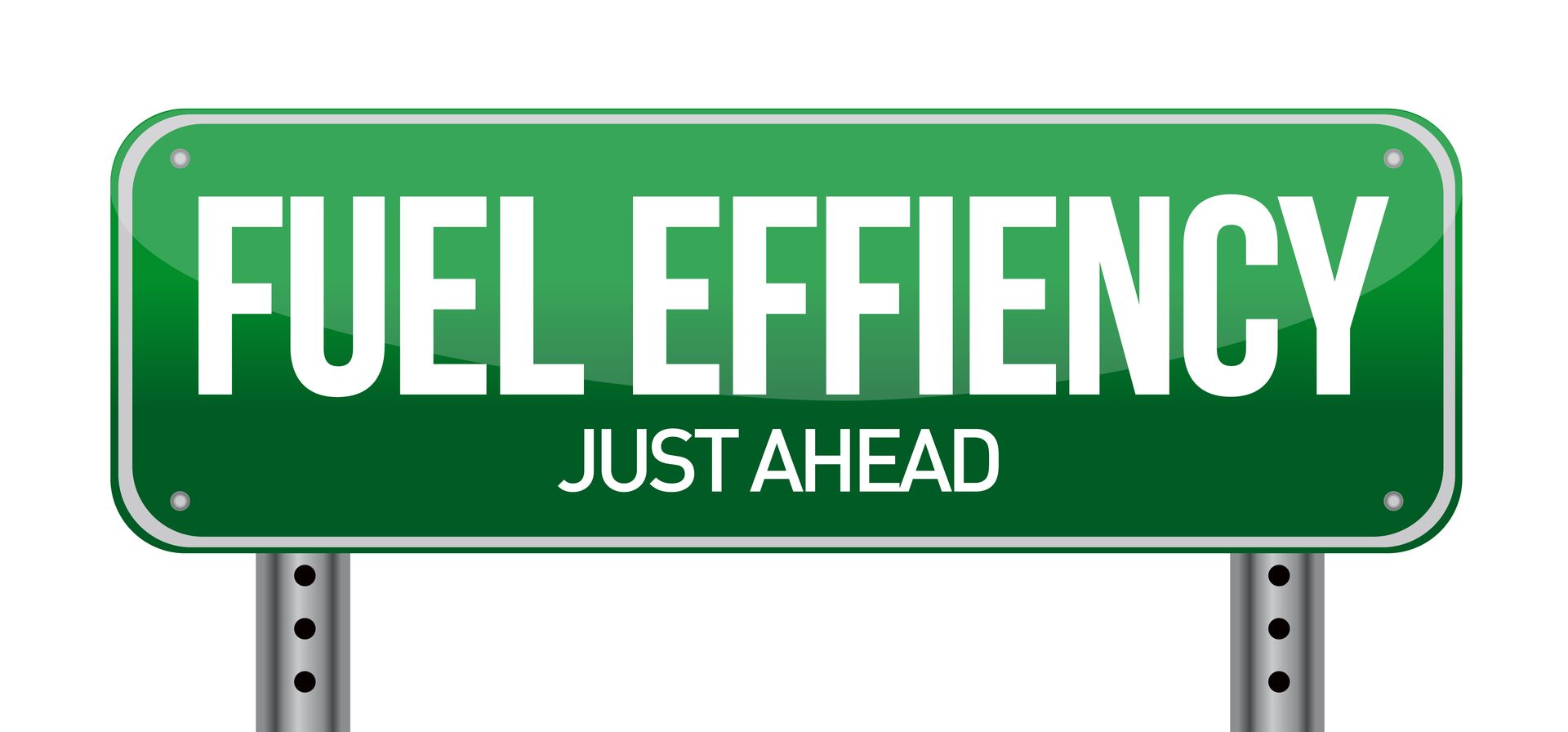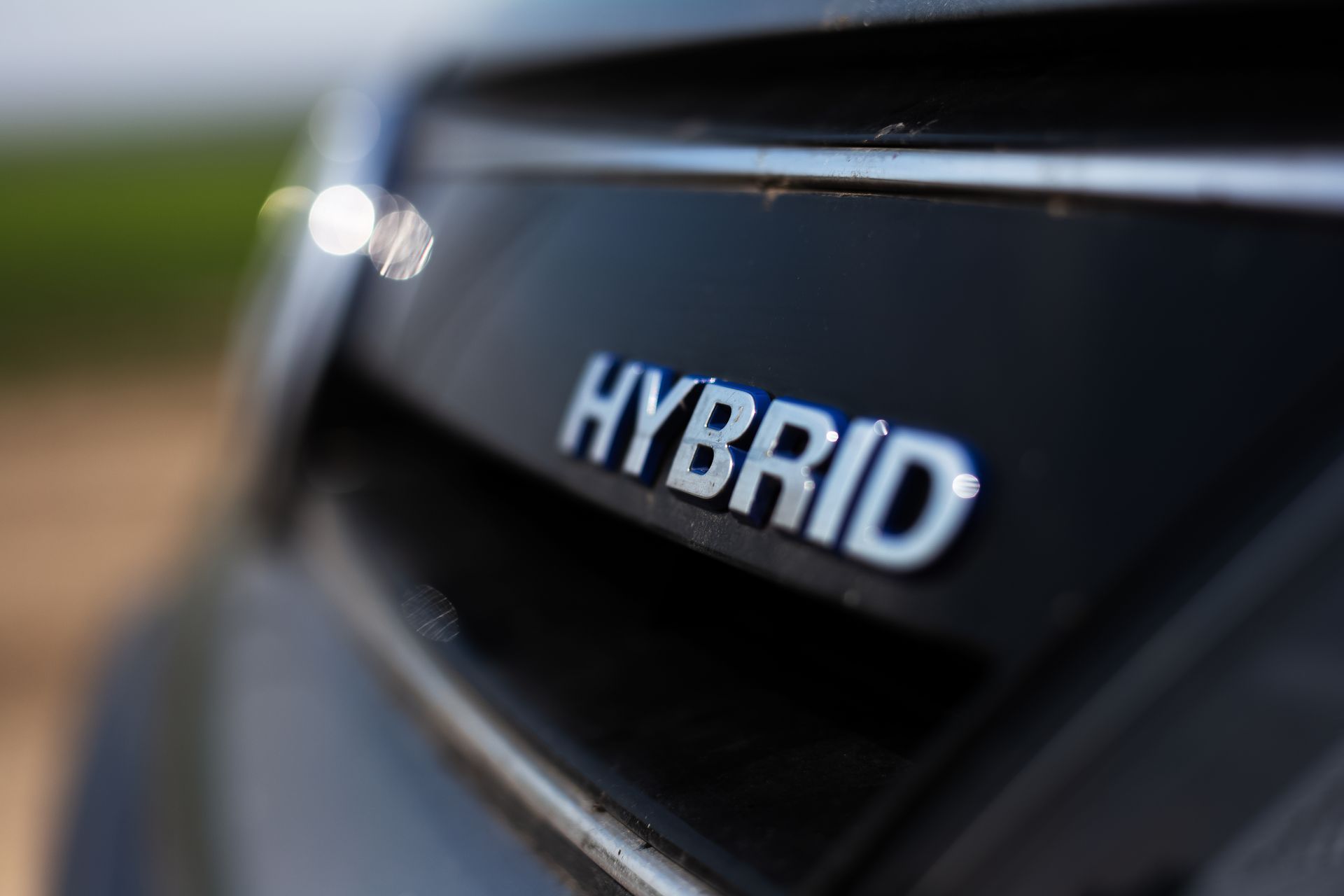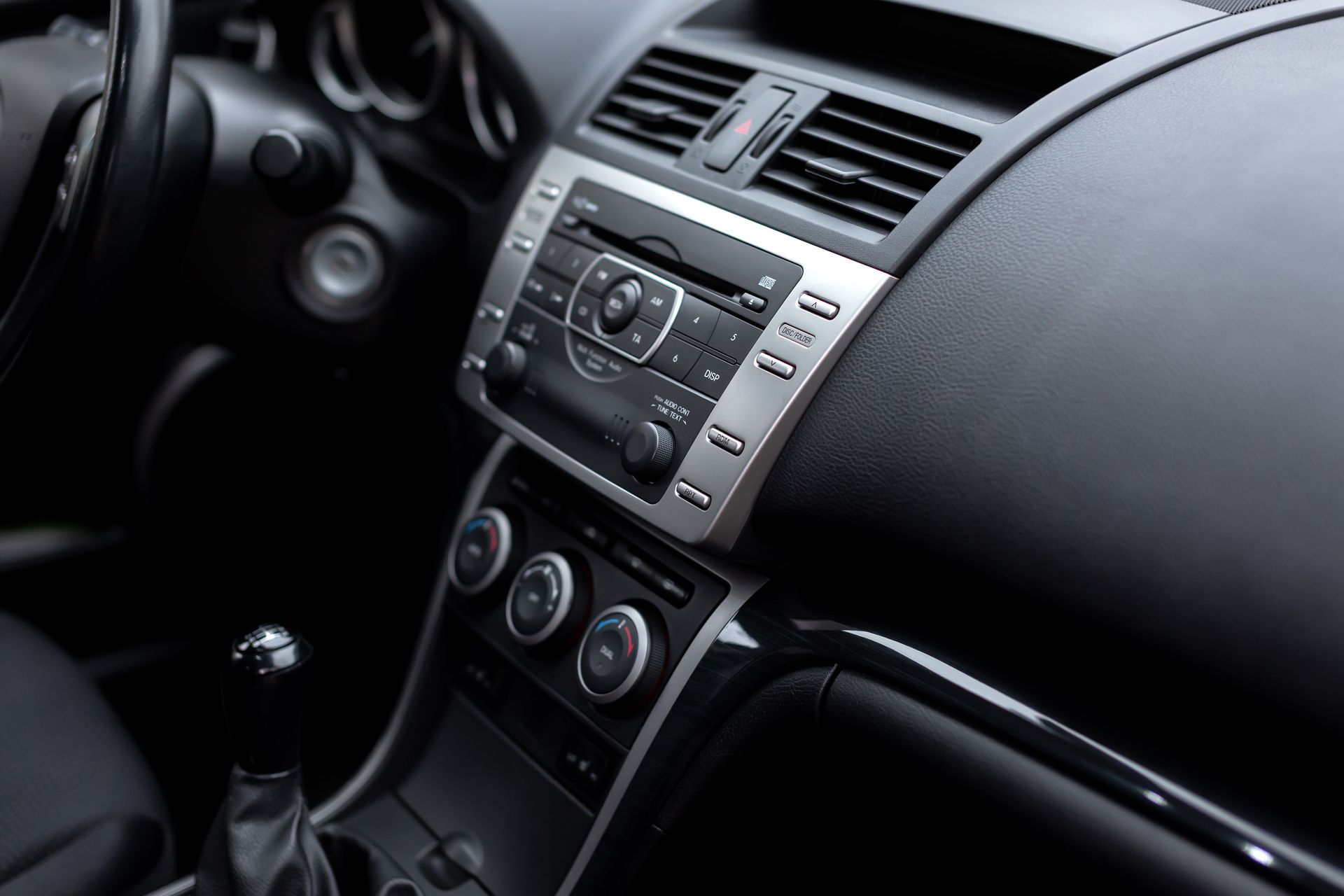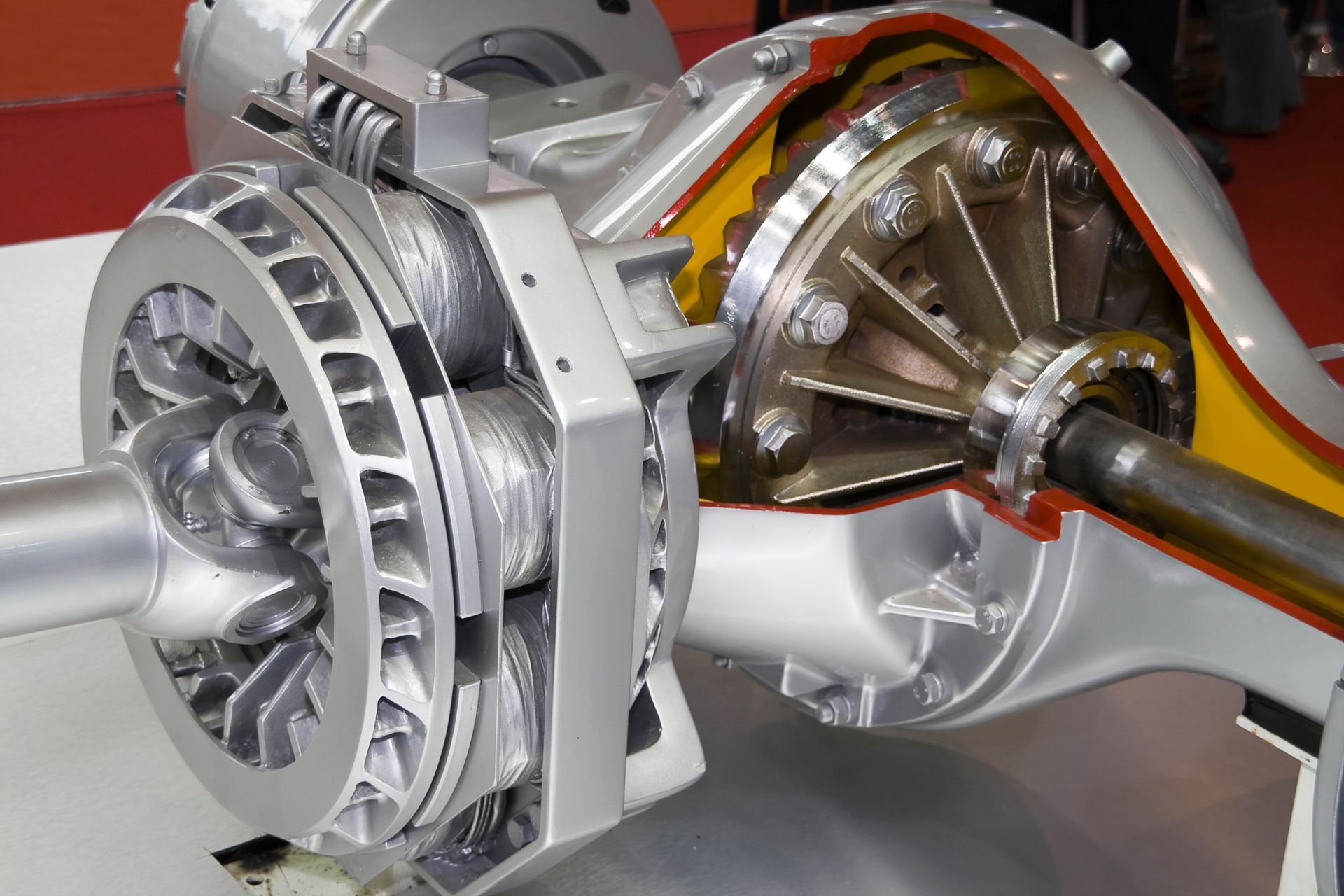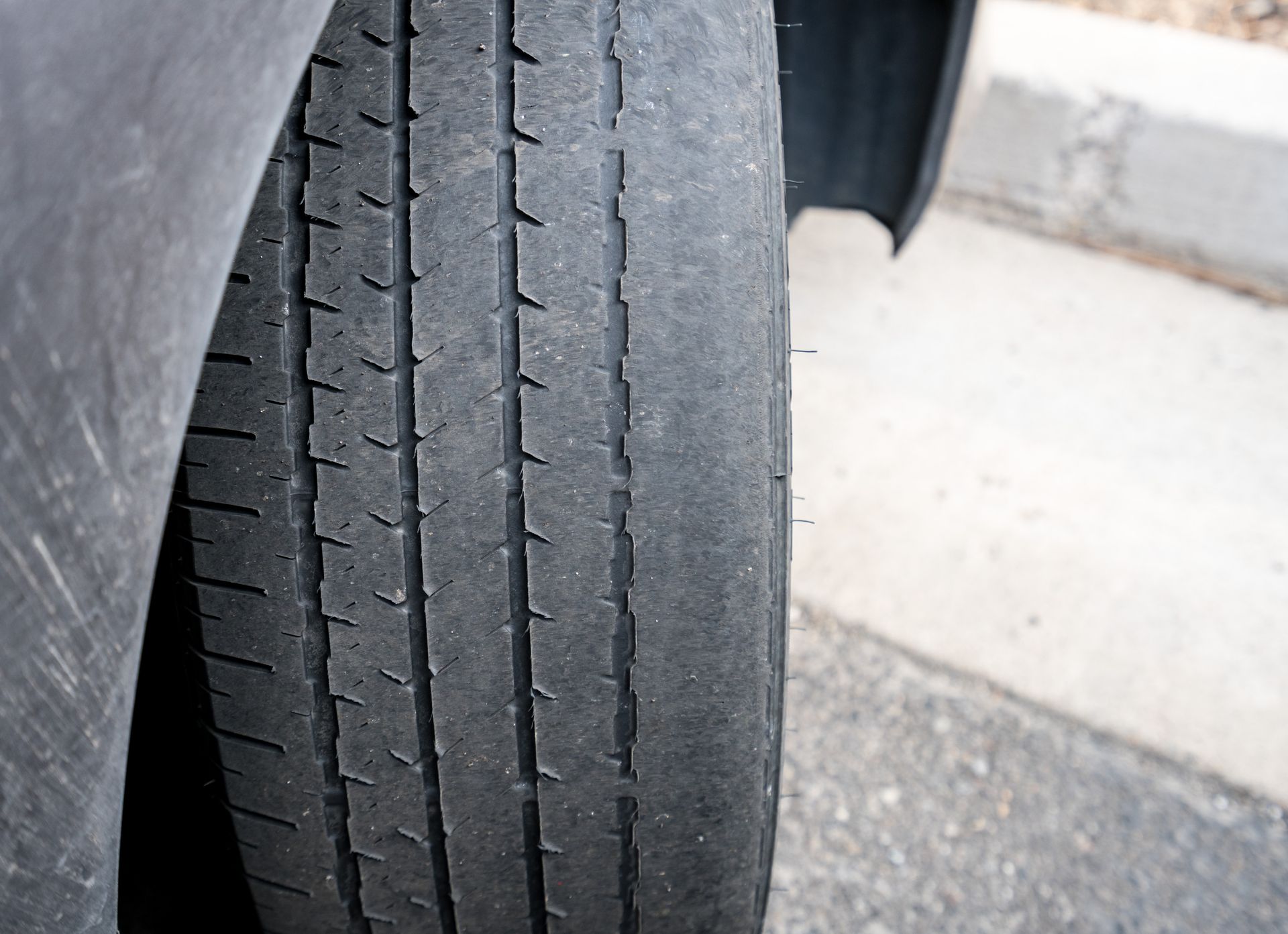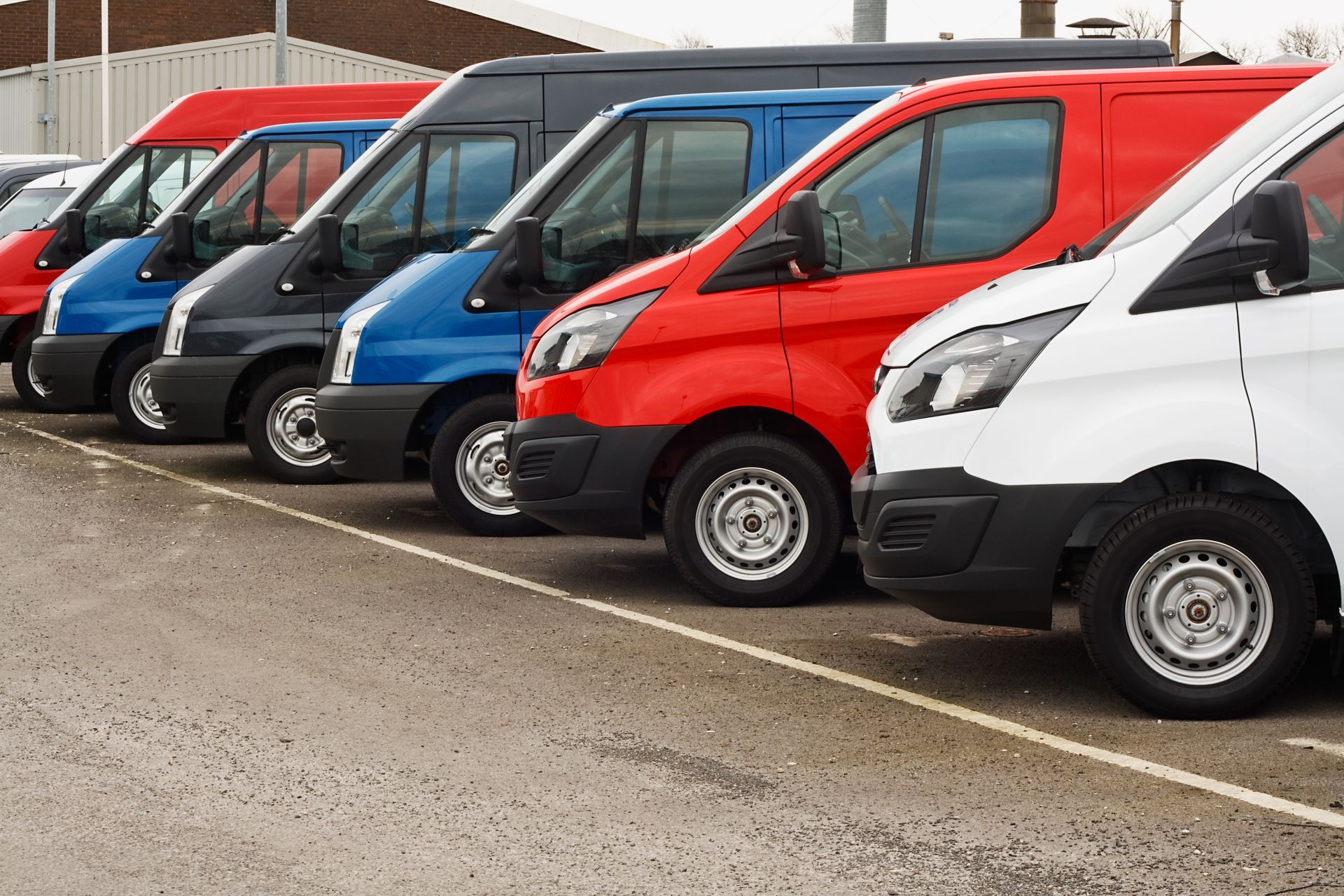Modern vehicles are packed with advanced safety features designed to protect drivers, passengers, and pedestrians. While seat belts and airbags have been standard for decades, newer technologies now actively prevent accidents rather than just minimizing injuries. But with so many new safety systems on the market, which ones truly make a difference?
If you're looking to buy a new car or simply want to stay informed, here are seven essential car safety systems that can make a real difference on the road.
1. Anti-Lock Braking System (ABS)
ABS is one of the most essential safety features in modern vehicles. It prevents the wheels from locking up during hard braking, allowing the driver to maintain steering control even in slippery conditions. Without ABS, slamming the brakes on a wet or icy road could cause the tires to skid, making it nearly impossible to steer away from obstacles.
Most cars today come standard with ABS, but it's still important to ensure that it's functioning properly. If you notice an ABS warning light on your dashboard, have it checked immediately to ensure your braking system is working as intended.
2. Electronic Stability Control (ESC)
ESC helps prevent loss of control, especially in emergency maneuvers or slippery road conditions. This system detects when a vehicle is skidding or sliding and automatically applies braking to individual wheels to help the driver regain control.
Studies have shown that ESC can significantly reduce the risk of rollover accidents, particularly in SUVs and trucks. If you're shopping for a used vehicle, make sure it includes this system, as it has been mandatory in all new cars sold in the U.S. since 2012.
3. Blind Spot Monitoring (BSM)
Changing lanes can be dangerous if another vehicle is lurking in your blind spot. BSM uses sensors to detect vehicles in areas you can’t see and alerts you with a visual or audible warning. Some systems even provide haptic feedback, such as a vibration in the steering wheel or seat, if you attempt to change lanes when another car is in your blind spot.
While BSM doesn’t replace the need to check your mirrors, it serves as an additional layer of protection, reducing the risk of side collisions on highways and multi-lane roads.
4. Forward Collision Warning (FCW) and Automatic Emergency Braking (AEB)
These two systems work together to prevent frontal collisions.
- Forward Collision Warning (FCW) alerts you if you're approaching another vehicle too quickly and might not have enough time to stop.
- Automatic Emergency Braking (AEB) takes action by automatically applying the brakes if the system detects an imminent collision and the driver doesn’t react in time.
- AEB has been proven to reduce rear-end crashes, making it one of the most valuable safety features available today. Many newer models come equipped with both FCW and AEB as standard features.
5. Lane Departure Warning (LDW) and Lane Keeping Assist (LKA)
Drifting out of your lane—whether due to distraction, drowsiness, or poor visibility—can lead to dangerous situations.
- Lane Departure Warning (LDW) notifies you with visual or audible alerts if you unintentionally leave your lane.
- Lane Keeping Assist (LKA) takes it a step further by gently steering the vehicle back into the lane if you don’t react in time.
- These systems are particularly useful for highway driving, helping prevent sideswipe accidents and head-on collisions caused by drifting into oncoming traffic.
6. Adaptive Cruise Control (ACC)
Unlike traditional cruise control, Adaptive Cruise Control adjusts your speed automatically to maintain a safe distance from the vehicle ahead. If traffic slows down, ACC reduces your speed accordingly. Once the road is clear, it resumes the preset speed without the driver needing to make adjustments.
Some advanced versions of ACC even work in stop-and-go traffic, making long commutes much easier and reducing driver fatigue.
7. Rear Cross-Traffic Alert
Backing out of a parking space or driveway can be tricky, especially when visibility is limited. Rear Cross-Traffic Alert detects approaching vehicles from the sides and warns you if there’s a potential collision.
This feature is especially helpful in crowded parking lots where pedestrians and other vehicles can appear unexpectedly. Some systems even incorporate automatic braking to prevent collisions if the driver doesn’t react in time.
Why These Safety Features Are Important
Car safety technology has evolved significantly, shifting from passive protection to active accident prevention. Many modern vehicles now come standard with these advanced features, but if you drive an older model, upgrading with aftermarket safety systems could be a smart investment. Ensuring your car has the right safety technology can make a real difference in avoiding accidents and protecting everyone on the road.
Looking to enhance your vehicle’s safety? Our team can help with diagnostics, system upgrades, and routine maintenance to ensure your car is equipped with the latest safety technology. Don’t take risks when it comes to your vehicle’s safety—trust the experts to keep it running at its best.
Want to ensure your safety systems are functioning properly? Visit
SCC Performance in Atlanta, GA, for
expert diagnostics and repairs. Your safety is our priority—schedule an appointment today!



